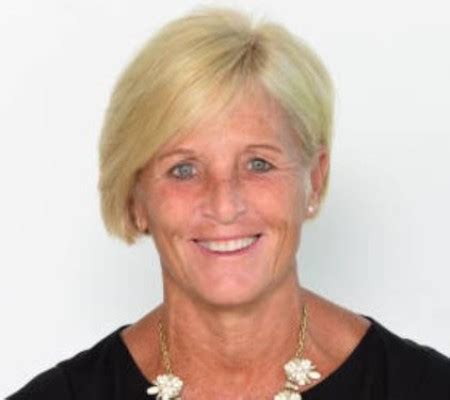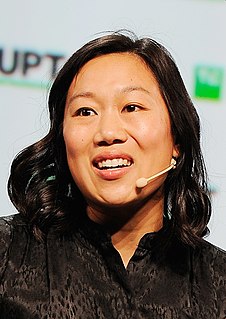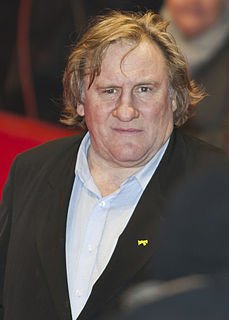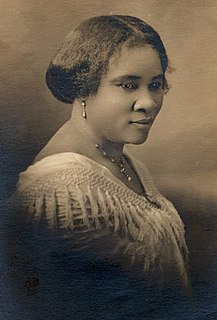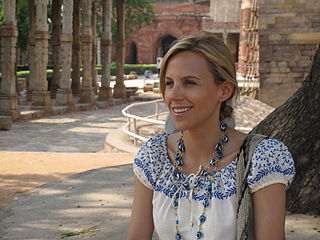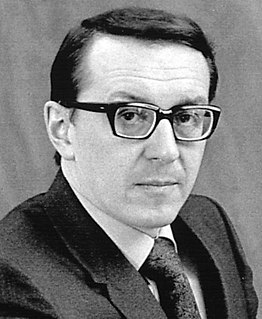A Quote by Kehinde Wiley
We're wired to be empathetic and to care about the needs of others, but also to be curious about others. And I think that's just sort of in our DNA. And so portraiture is a very human act.
Related Quotes
My research suggests that when people get rebuffed they become frustrated and angry, but they would do better to become curious about the reason for the rejection. I also found that people assume that others are like them, operating under the same knowledge, beliefs, constraints and priorities. This mirror assumption makes it easier to speculate about why others act in the way they do, but sometimes the mirror assumption is wrong.
It’s in our interest to take care of others. Self-centrednes s is opposed to basic human nature. In our own interest as human beings we need to pay attention to our inner values. Sometimes people think compassion is only of help to others, while we get no benefit. This is a mistake. When you concern yourself with others, you naturally develop a sense of self-confidence . To help others takes courage and inner strength.
I think, questions about what it means to respect nature become very important because just as in human society, for example, part of what it is for me to live a good life as a human being in a human society is to have respect for others around me. Now, that respect, to some extent, can be thought of as being grounded in the rights and interest of others but it also has to do with the stance that I take in the world and what it is that provides meaning and significance in my own life and I think there are similar ideas of respect for nature that apply as well.
You either hear the story and you're curious, and you're sort of sympathetic, or you think, "Ugh, how horrible." That's dehumanizing. How about we take that and turn Christine Chubbuck into a person and it's not about the final act, it's about her life. I felt that really strongly, and I felt a sort of deep sympathy with her. It's also why I do what I do. I want to try to make difficult people somehow relatable.
Everyone has issues they are passionate about, they care about. Step up, do something that you know absolutely you can achieve. We each have a sphere of influence. It may be just our family and a few close friends, or it might be the reach into government. Exercise what you can do, not what you can't do. Recognize there are millions of others doing the same. Act on things you know to be right and true.
I think what's really interesting and useful about this question is that ultimately all art is a type of self-portraiture. And so in the act of identifying yourself, you're using others to get to that point. And so you're parsing out different aspects of different people in the world. You're choosing not only from America but increasingly globally different aspects of what's out there.





